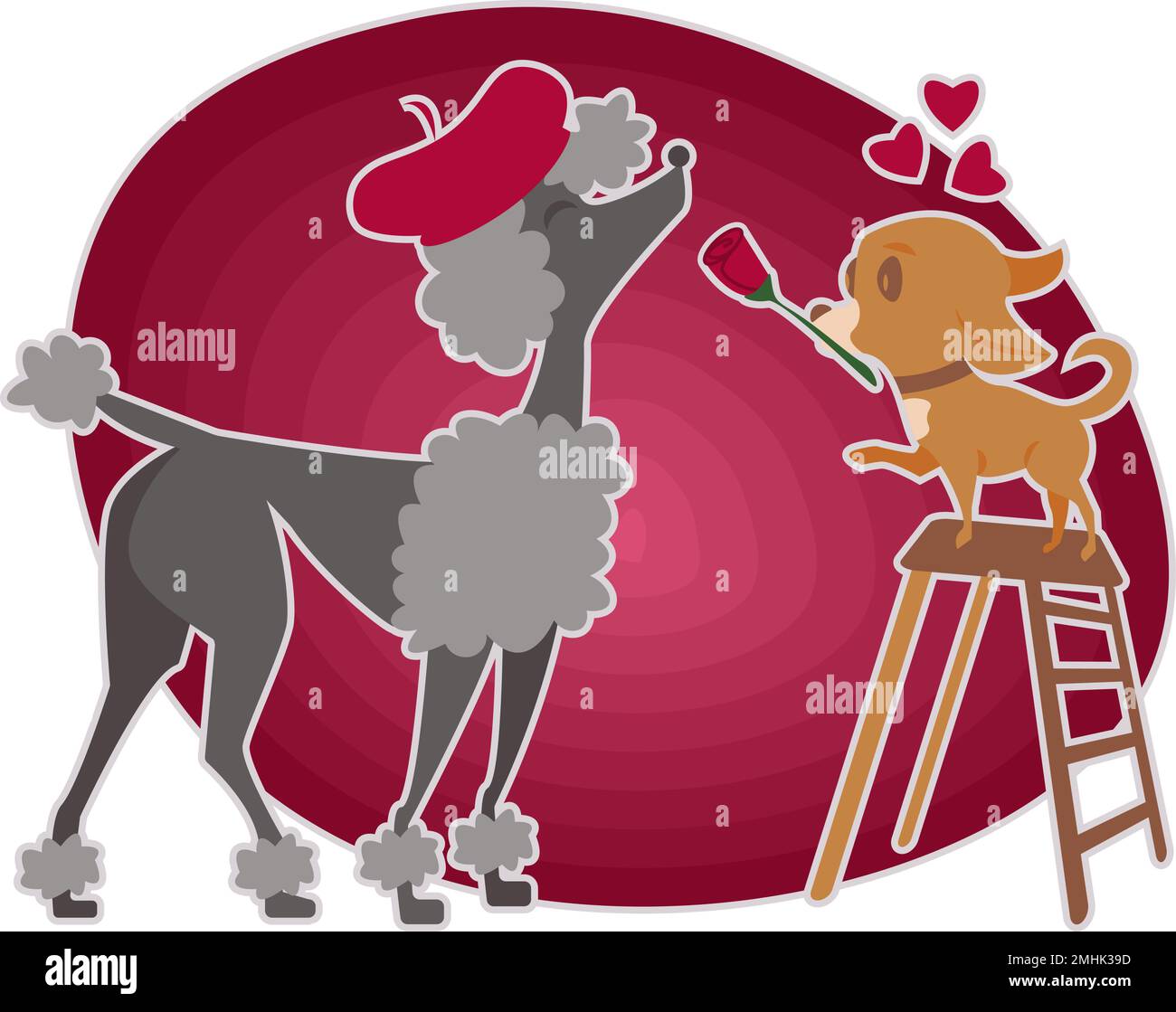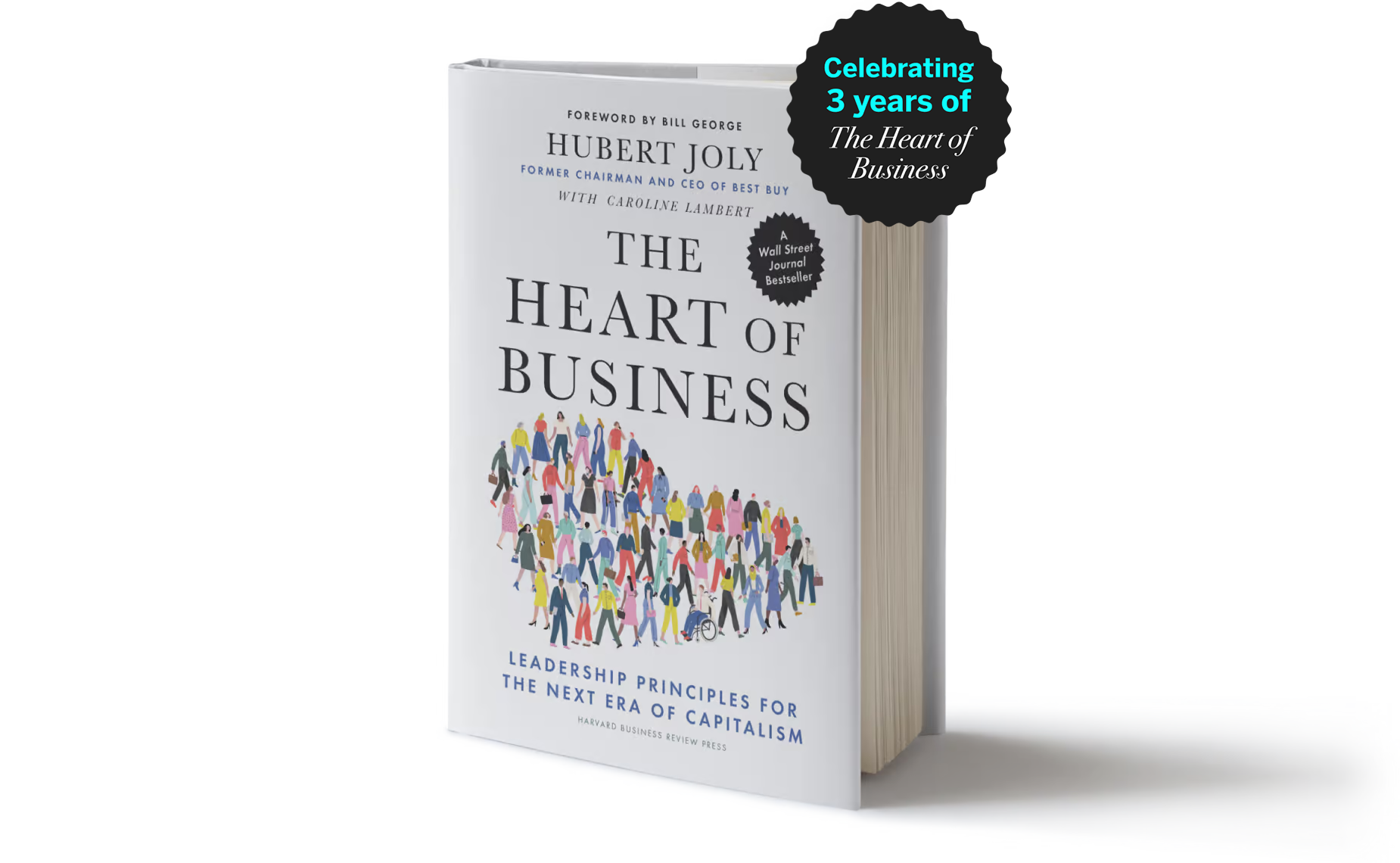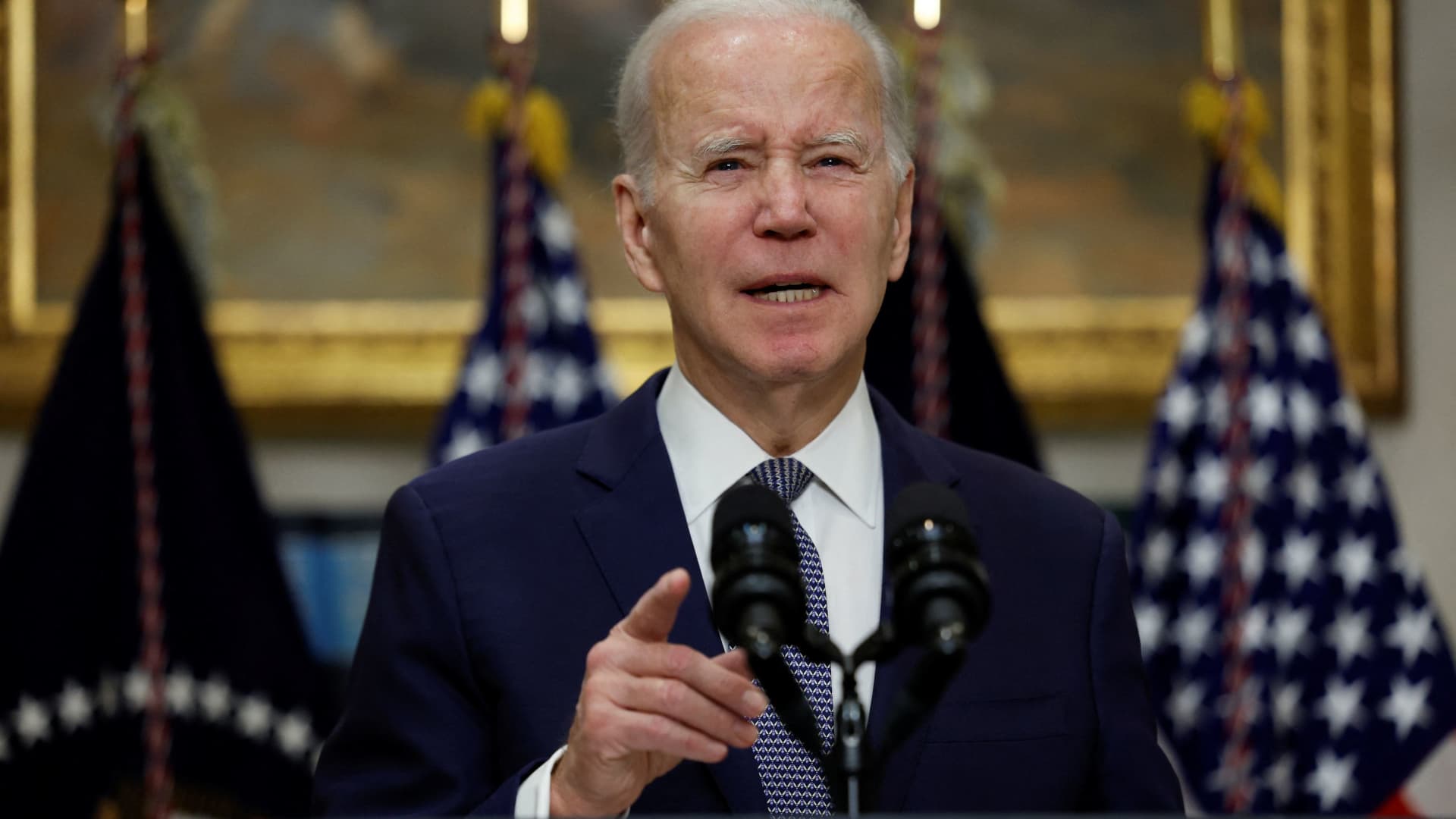Gallery
Photos from events, contest for the best costume, videos from master classes.
 |  |
 |  |
 |  |
 |  |
 |  |
 |  |
In 2023, Americans spent around $25.9 billion on Valentine’s Day gifts, according to the National Retail Federation and Prosper Insights & Analytics. $25.9 billion. That’s enough to buy every On Valentine’s Day, we should celebrate capitalism not only for the prosperity it creates, but for the many ways in which it fosters and validates friendships, enriching the vast array of If you watch the markets and the stores raising prices, however, you’ll see it for what it truly is: a celebration of capitalism. In the US, spending on Valentine’s Day is expected to exceed $20 billion USD this year, according to the National Retail Federation. While Valentine’s Day can be a wonderful occasion to celebrate a relationship, it is one that has become extremely capitalized on, especially over the last couple of years. According to the National Retail Federation, that spending added up to $23.9 billion last year—the second highest to the $27.48 billion spent on Valentine’s Day in 2020. According to the National Retail Federation (NRF), the average person will spend $196 on a Valentine’s Day gift this year, for a total of $27 billion, an increase of 32 percent over last year. And Cupid’s army is feeling the love for traditional shops. Valentine’s Day is festooned with ostentatious flowers, boxes of unrequited chocolates, and engagement rings. While none of these objects are themselves symbols of capitalistic corruption, they can never be replacements for fulfilling love. Buy yourself a valentine and call it self love. Is this what the day of love has amounted to? Merely a gift exchange in the name of love for the sake of perpetuating capitalism? In fact, the Valentine’s heart shape itself has no historical significance or, obviously, resemblance to the actual beating organ in our chests. Instead of a symbol of love and emotion, it is arguably a symbol of capitalist dominance, a tool of advertising. While it’s not a secret that Valentine’s Day, as we know it today, is a capitalistic holiday that only thrives on competitive consumerism, has love in general been commodified and tainted by On the contrary, in America on Valentine’s Day, consumers spent $27 billion. Why? The answer is capitalism. The history of Valentine’s Day is not entirely clear. This day is often associated 3rd century Saint Valentine or 2025 Saint Capitalism? The Valentine’s Day that we are all familiar with did not just magically appear on the calendar one night. Instead, it is very deeply rooted in Roman history. In Roman Empire history, it is believed that Saint Valentine would marry individuals in secret. MANILA, Philippines—Around the globe, February 14 has always been more special than any other day of the same month. Almost everyone, if not all, recognizes Valentine’s Day—also called St. February 14th, Valentine’s Day, is seen as a celebration of the expression of love and affection. In the U.S., about $20 billion was spent last year and on average, an individual spent about $146 capitalism. Mackenzie Guadagno, Reporter . Valentine’s day has changed dramatically from the historical death of Saint Valentine, who the holiday was originally named after, to the traditions we have now. Valentine of Terni, a historical figure recognized by the Roman Catholic Church, was a Roman Saint who married people in secret. This Valentine's Day, remember to strike a balance between romance and economic efficiency ; Valentine's Day wasn't always the smorgasbord of consumerism it is today ; In its own way, Valentine's Day is a parable of the joys of market capitalism The notes and cards we exchange on Valentine’s Day cover a wide range of emotions—from intimate love letters for that special someone to the simple tokens of friendship exchanged among schoolchildren. The more ambitious (and talented) among us may craft Valentines by hand, but while such handicrafts are appreciated, most of us (when we care [] Valentine’s Day Capitalism in 2025. Valentine’s Day in 2025 represents a significant commercial event, showcasing the evolution of consumerism and the power of targeted marketing in a digitally saturated world. Valentine’s Day can be that much-needed reminder to cherish and celebrate your relationship. Plus, let’s not forget the happy feels. Celebrating love, in any form, can be a major mood booster. In other words, Valentine’s Day has arrived. Although it’s tough to entirely avoid a traditional holiday, the world could potentially be better off without it. Vox did a study on the environmental impact of Valentine’s Day roses, and it’s recommended to purchase flowers from a local florist. Penetration of the celebration of Valentine's Day across many cultures in the world is something that capitalism can cherish. With the global expansion of capitalism in the fastest ever speed, especially after the fall of USSR and liberalization in China, globalization of Euro-America centric culture is happening in further greater pace.
Articles and news, personal stories, interviews with experts.
Photos from events, contest for the best costume, videos from master classes.
 |  |
 |  |
 |  |
 |  |
 |  |
 |  |